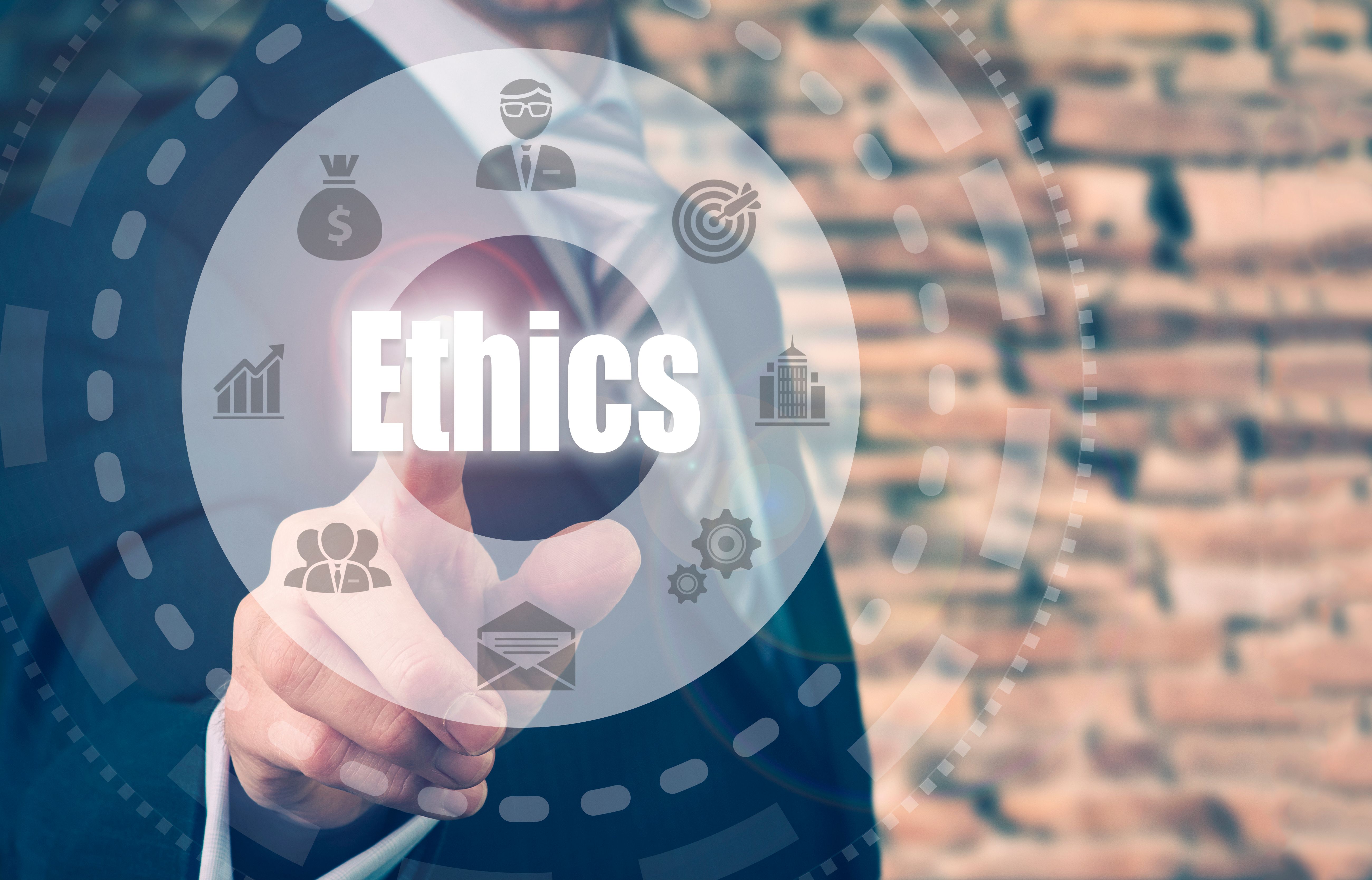Exploring Ethics Beyond Religion
Understanding Ethics
Ethics is the study of what is right and wrong. It guides our choices and actions. Many people think ethics only comes from religion. But ethics can exist outside of religion too.
People can develop their own sense of right and wrong. They can do this by thinking about their actions and their effects on others. This is important for young people to understand.

Philosophical Ethics
Philosophers have studied ethics for centuries. They ask questions like, "What is the good life?" and "How should we act?" These questions help us think deeply about our choices. Famous philosophers like Aristotle and Kant have different ideas about ethics.
Aristotle believed in virtue ethics. He thought people should develop good habits. These habits help them make good choices. Kant believed in duty ethics. He thought people should follow rules, no matter what. Both ideas can help us understand ethics beyond religion.
Everyday Ethics
We face ethical choices every day. For example, deciding whether to tell the truth or lie. These choices affect our lives and the lives of others. By thinking about our actions, we can make better choices.
Young people can learn ethics by discussing real-life situations. Teachers and parents can help by asking questions like, "What would you do?" and "Why?" These discussions help students think about their values.
Ethics in Society
Society also has rules about right and wrong. These rules can come from laws, traditions, and cultural norms. For example, most societies agree that stealing is wrong. These rules help people live together peacefully.
But sometimes, society's rules can be unfair. It's important to think critically about these rules. People can work to change unfair rules and make society better.

Developing Personal Ethics
Developing personal ethics takes time and reflection. People can start by thinking about their values. What is important to them? How do they want to treat others? Writing down these values can help.
Next, people can think about their actions. Do their actions match their values? If not, they can make changes. This process helps people grow and become more ethical.
In conclusion, ethics goes beyond religion. People can develop their own sense of right and wrong. By studying philosophy, discussing real-life situations, and reflecting on their values, young people can learn to make ethical choices. This helps them lead better lives and contribute to a better society.